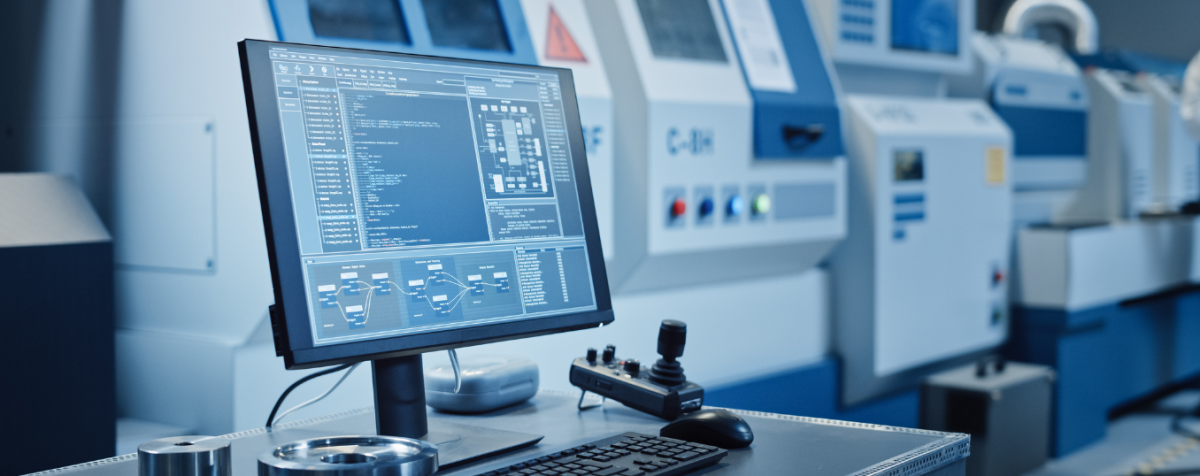KIHA Research
The Knoebel Institute for Healthy Aging (KIHA) works collaboratively on research focused on many aspects of aging. From evaluating computer games and financial decision-making to the biomechanical and molecular level, KIHA is working to find new ways to improve the odds of healthy aging.
-
Alzheimer's Disease and Related Dementias
Alzheimer’s disease and related dementias (AD/ADRD) refers to the most common forms of dementia. Alzheimer’s disease is a brain disorder that progressively destroys memory and thinking abilities and is the most common form of dementia. It affects for that 47 million people worldwide and currently, there are no known treatments to prevent the progression of this disease.
-
Amyotrophic Lateral Sclerosis (ALS)
Amyotrophic lateral sclerosis (ALS) is a progressive neurodegenerative disease that affects nerve cells in the brain and spinal cord. Researchers from the College of Natural Sciences and Mathematics are at the forefront of research on this debilitating progressive neurodegenerative disease.
-
Biomechanics of Aging
Humans are playing harder and living longer than ever before. Research and advancement in Biomedical devices and technology are helping to maintain and improve the quality of life as we age or encounter injury or disease. The Ritchie School's well-established Center for Orthopaedic Biomechanics and Cardiovascular Biomechanics Lab are leading the way in this dynamic and collaborative research.
-
Caregiving
Caregiving is providing care for the physical and emotional needs of a family member or friend. Caregivers are often overwhelmed by the endless jobs that they must perform to provide appropriate care for their care recipients. The research on caregiving in the Graduate School of Social Work and at the Knoebel Institute for Healthy Aging provides evidence-based solutions to improve the lives of caregivers.
-
Concussion and Aging
Concussion or mild traumatic brain injury (mTBI) is one of several leading causes of disability in young adults and has been linked with neurobehavioral deficits including cognitive impairment and dementia later in life. The University of Denver has an interdisciplinary team from biological sciences, professional psychology, mechanical engineering, and neuroscience to determine the risk that concussion has on long-term brain health.
- Kim Gorgens
- Aurelie Ledreux
- Daniel Linseman
- Daniel Paredes
-
Down Syndrome and Alzheimer's Disease
Down syndrome is a condition in which a person is born with an extra copy of chromosome 21. The condition is associated with intellectual disability, a characteristic facial appearance, and weak muscle tone (hypotonia) in infancy. Down syndrome and Alzheimer’s disease share underlying mechanisms that lead to dementia and approximately 50% of adults with Down syndrome will develop Alzheimer’s disease. Researchers at the Knoebel Institute for Healthy Aging are working to uncover mechanisms underlying Alzheimer’s disease in Down syndrome.
-
Geroscience
Connecting the Biology of Aging and the Biology of Disease. The biological processes of aging are the greatest risk factors for many chronic diseases and disabilities that affect us as we grow older. By treating aging—not just age-related disease—we can stay healthier longer.
-
Financial Security
The Paul Freeman Financial Security Program believes in empowering individuals to take control of their financial security and cognitive health. Through practical and impactful research, the team raises awareness of financial fraud and exploitation, instills financial preparedness, highlights the importance of cognitive health, and seeks to understand how to identify patterns of diminished financial decision-making.
-
Intergenerational Relationships
Intergenerational Relationships refer to relationships between aging adults and younger people from different generations. Researchers at the University of Denver are studying intergenerational relationships to combat social isolation amongst older adults and tap into wisdom sharing for younger generations.
-
Parkinson's Disease
Parkinson's Disease is a progressive neurodegenerative disorder causing disruptions in the function of dopamine-producing neurons in the brain. This often results in weakness, uncontrolled tremors, and difficulty with balance and coordination.
-
Robotics
You're hearing more about robots in the news and on social media every day as modern society begins to harness the potential of robotic solutions to our greatest challenges. The Ritchie School in collaboration with KIHA, have made ourselves a part of that effort, with robotics research applied to older adult support. Now is a great time to study and work alongside our faculty as they work to refine their research and increase their impact on this thrilling and vital field.
-
Wellbeing and Aging
Research shows that many older adults are healthy, active, and living independently, in part due to the resources available to support healthy aging. Researchers at DU work to support well-being for all aging individuals.



